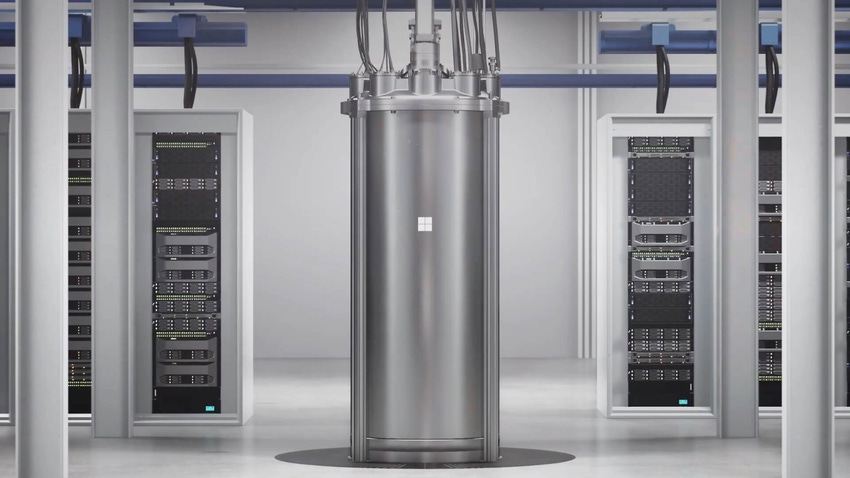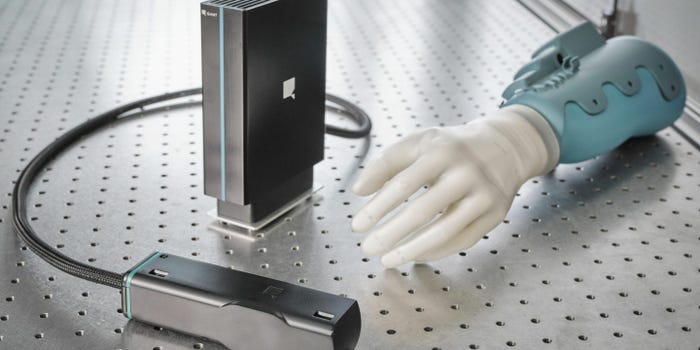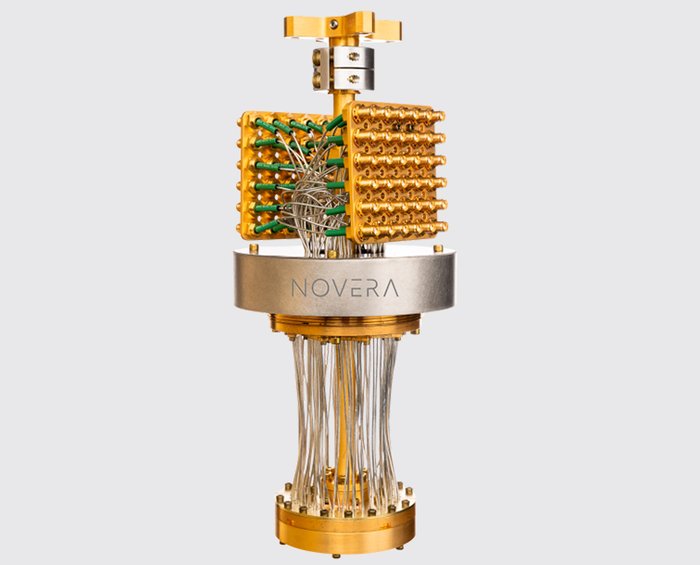
Connects decision-makers and solutions creators to what's next in quantum computing
Microsoft, PsiQuantum Progress to Stage 2 of DARPA Quantum Program
Next phase focuses on developing a fault-tolerant prototype with practical applications
January 3, 2024

DARPA has announced the advancement of Microsoft Corporation and PsiQuantum into the next phase of its Underexplored Systems for Utility-Scale Quantum Computing (US2QC) program. The move marks a key milestone in the program's quest to harness unconventional quantum computing methods capable of achieving utility-scale operation – where the computational value significantly exceeds the cost – sooner than traditional approaches.
During the initial phase of US2QC, various companies presented their design concepts for a utility-scale quantum computer. Microsoft and PsiQuantum emerged as frontrunners with their innovative approaches, earning them the opportunity to further develop their concepts. The next phase focuses on developing a fault-tolerant prototype, a compact quantum computer, essential for testing and validating the design and operational viability of a larger, utility-scale quantum computer.
“We are very excited that multiple performers’ designs showed plausible paths to truly utility-scale systems. These researchers are working extraordinarily hard, presenting solid technology descriptions and detailed research plans. We will continue exploring with them whether these technologies can make the significant leap needed to create quantum computers with true scientific and industrial utility,” said US2QC program manager in DARPA’s Microsystems Technology Office Joe Altepeter.
In February 2023, DARPA announced the US2QC program to fund groundbreaking approaches to quantum computing, distinct from more conventional methods like superconducting and ion trap technologies. PsiQuantum (focusing on photonic-based quantum computing), Microsoft (specializing in topological qubits) and Atom Computing (neutral atom-based) were chosen for Phase 1 to develop their design concepts for a utility-scale, fault-tolerant quantum computer.
In Phase 2, PsiQuantum and Microsoft will work towards building and demonstrating a system design for this fault-tolerant prototype, which will be evaluated upon completion in March 2025. The program represents a significant step towards realizing quantum computers with practical scientific and industrial applications.
About the Author(s)
You May Also Like






